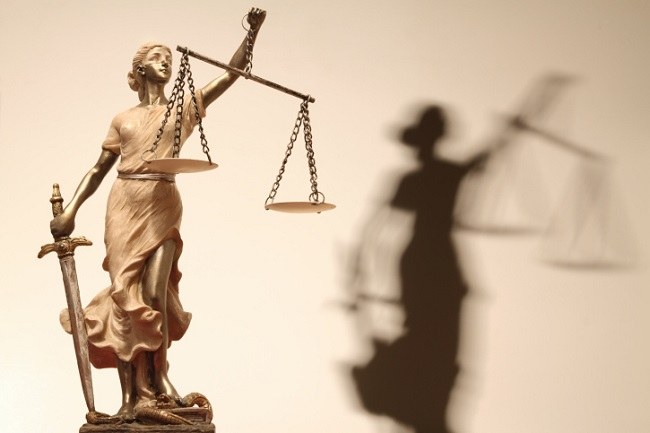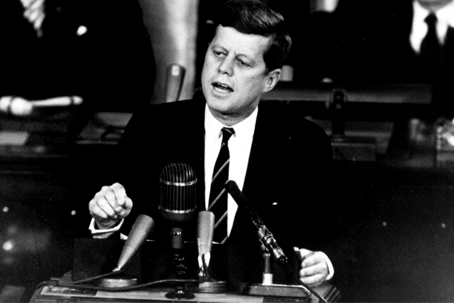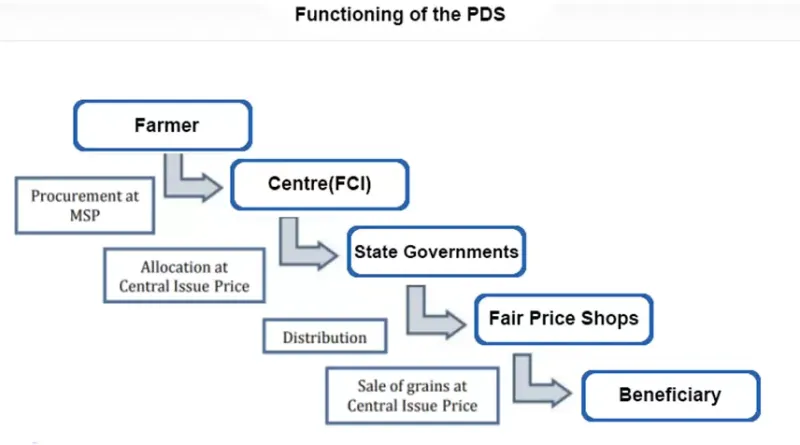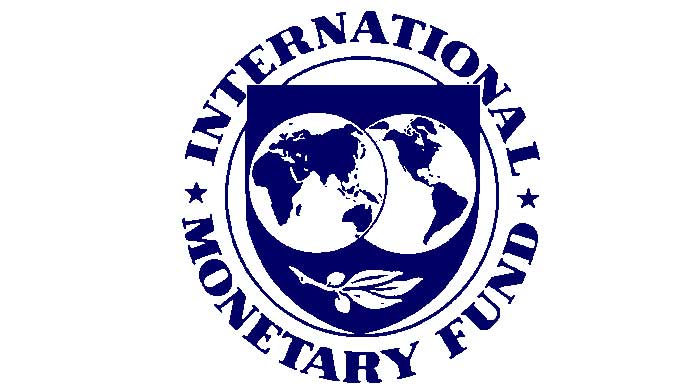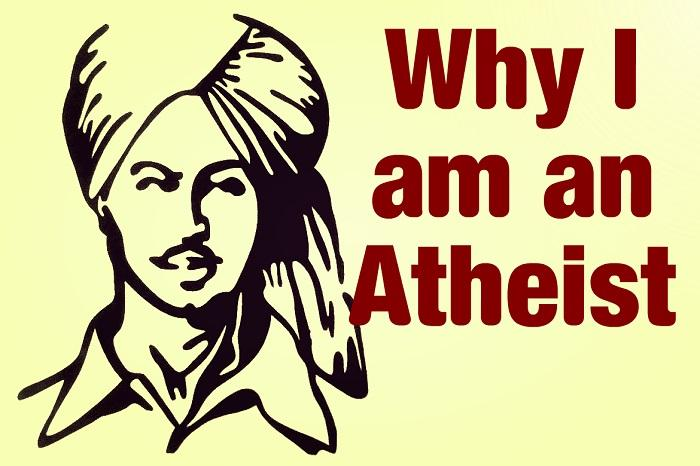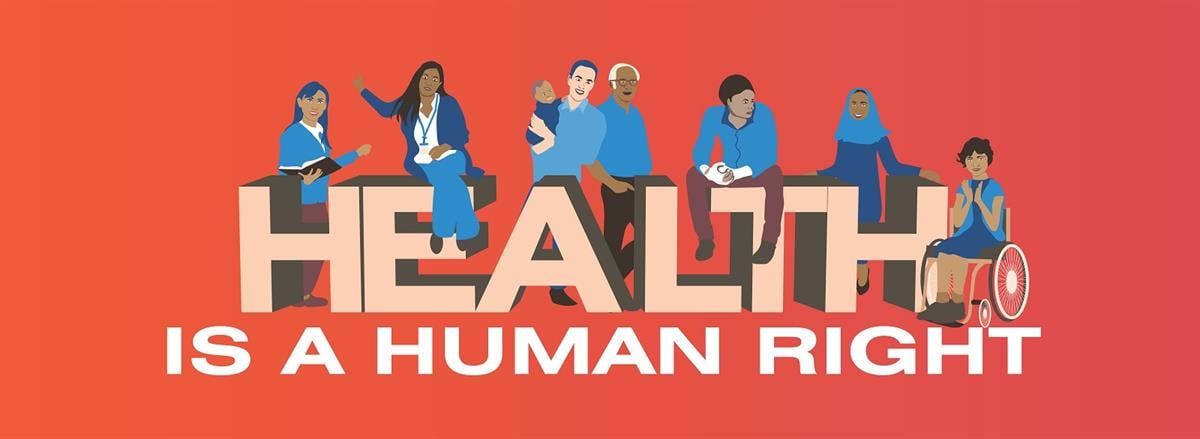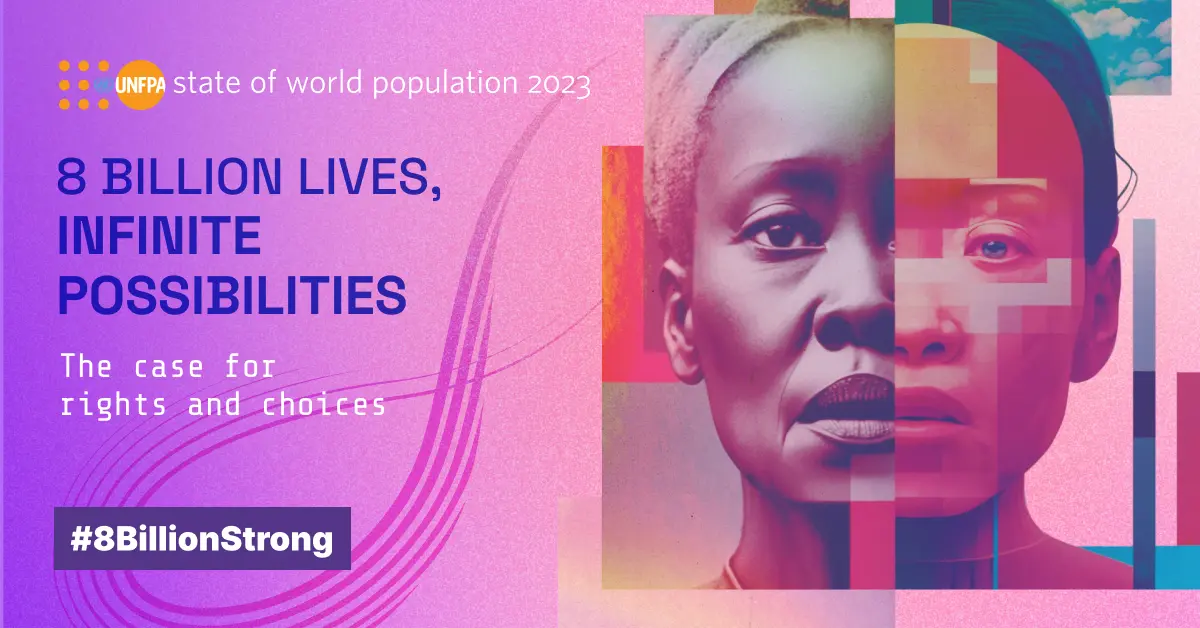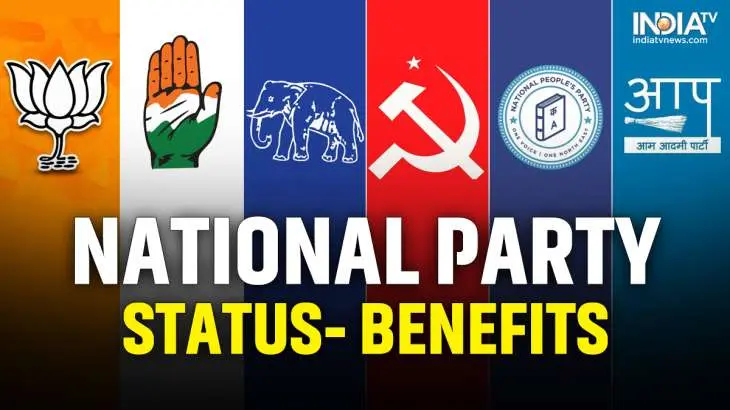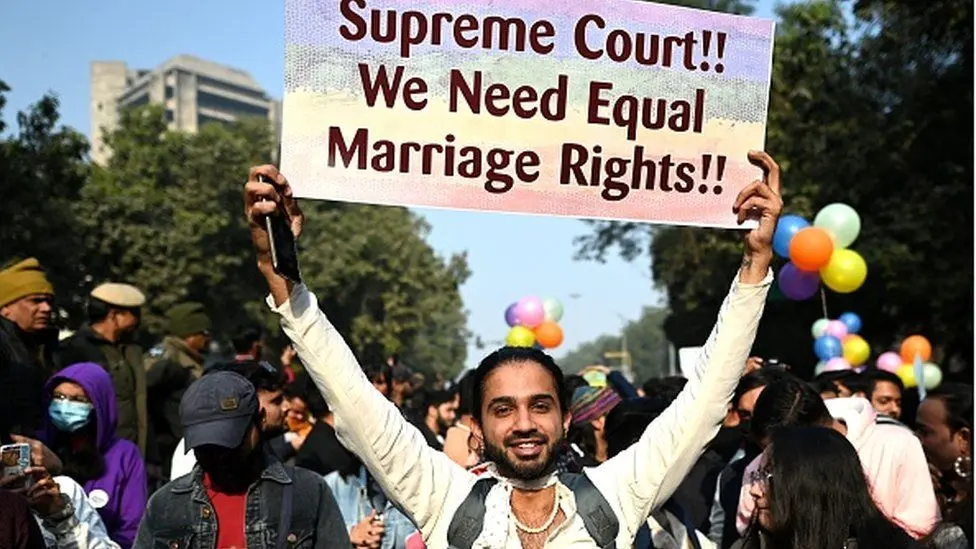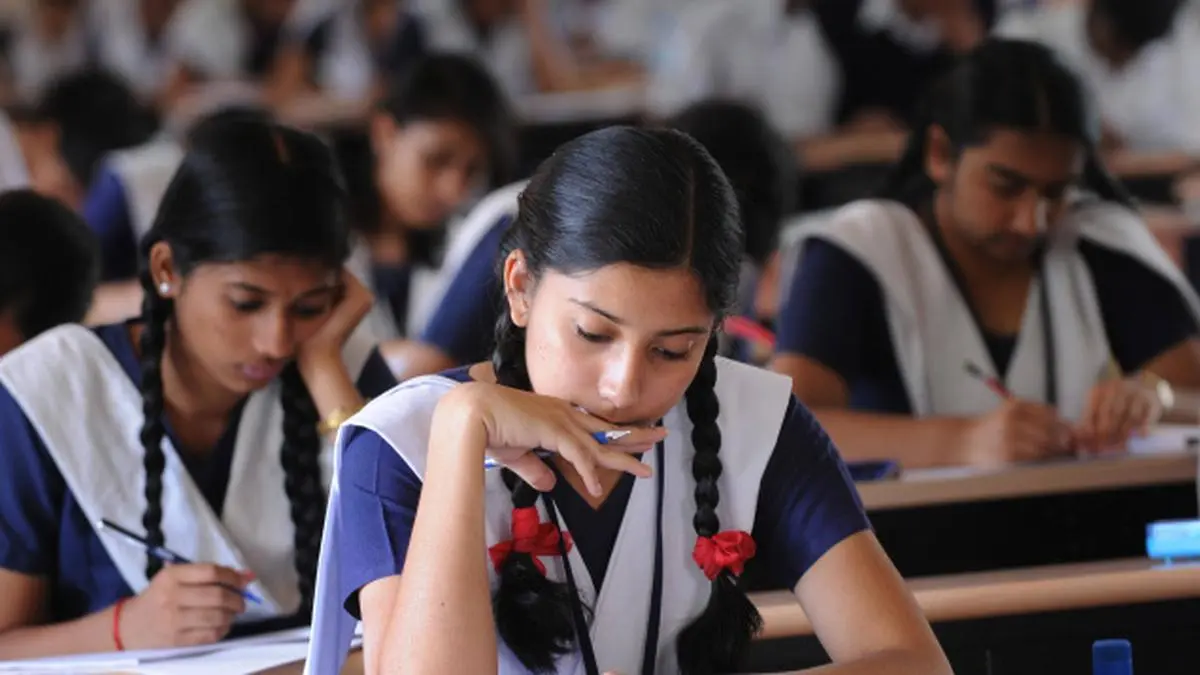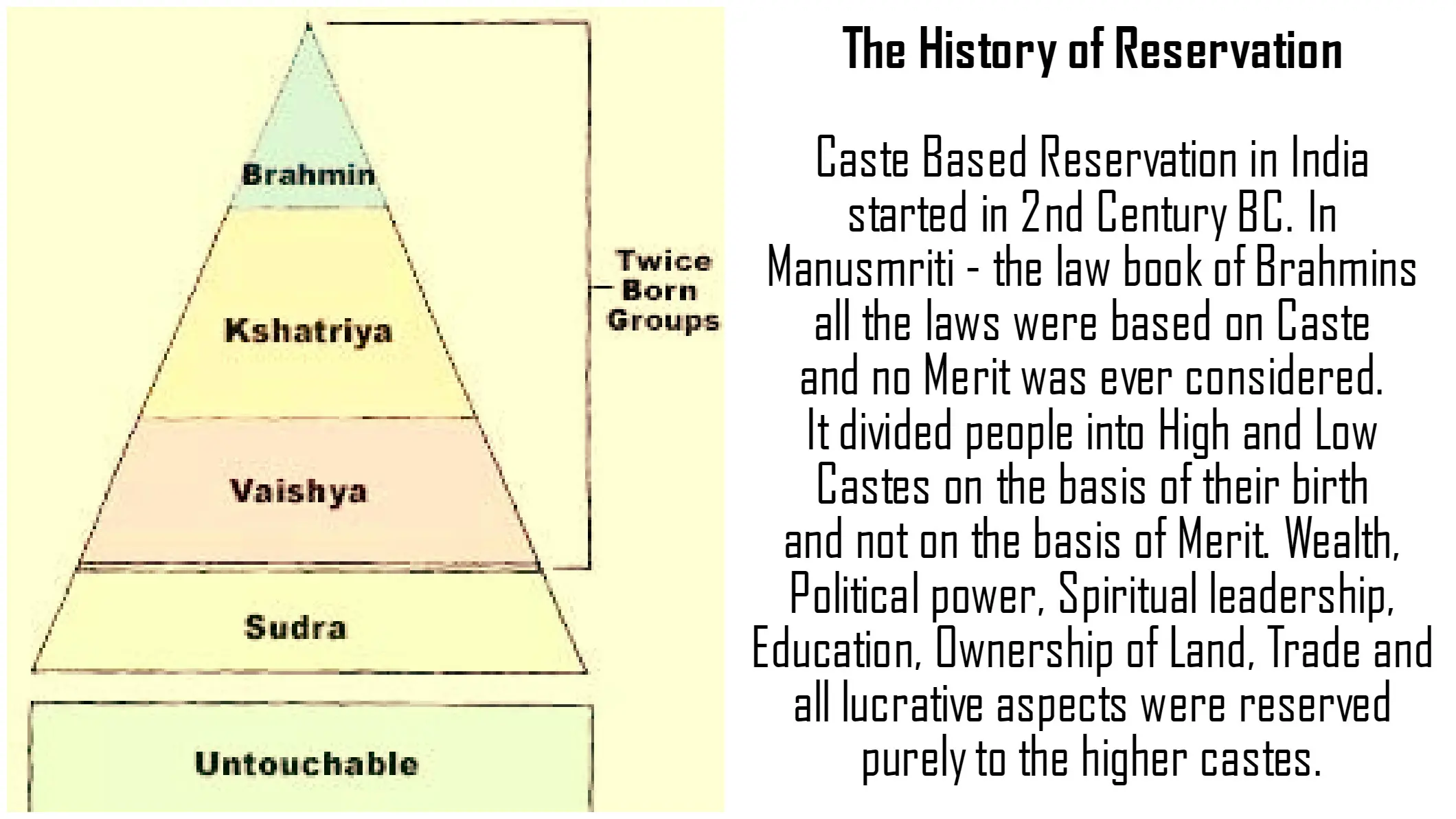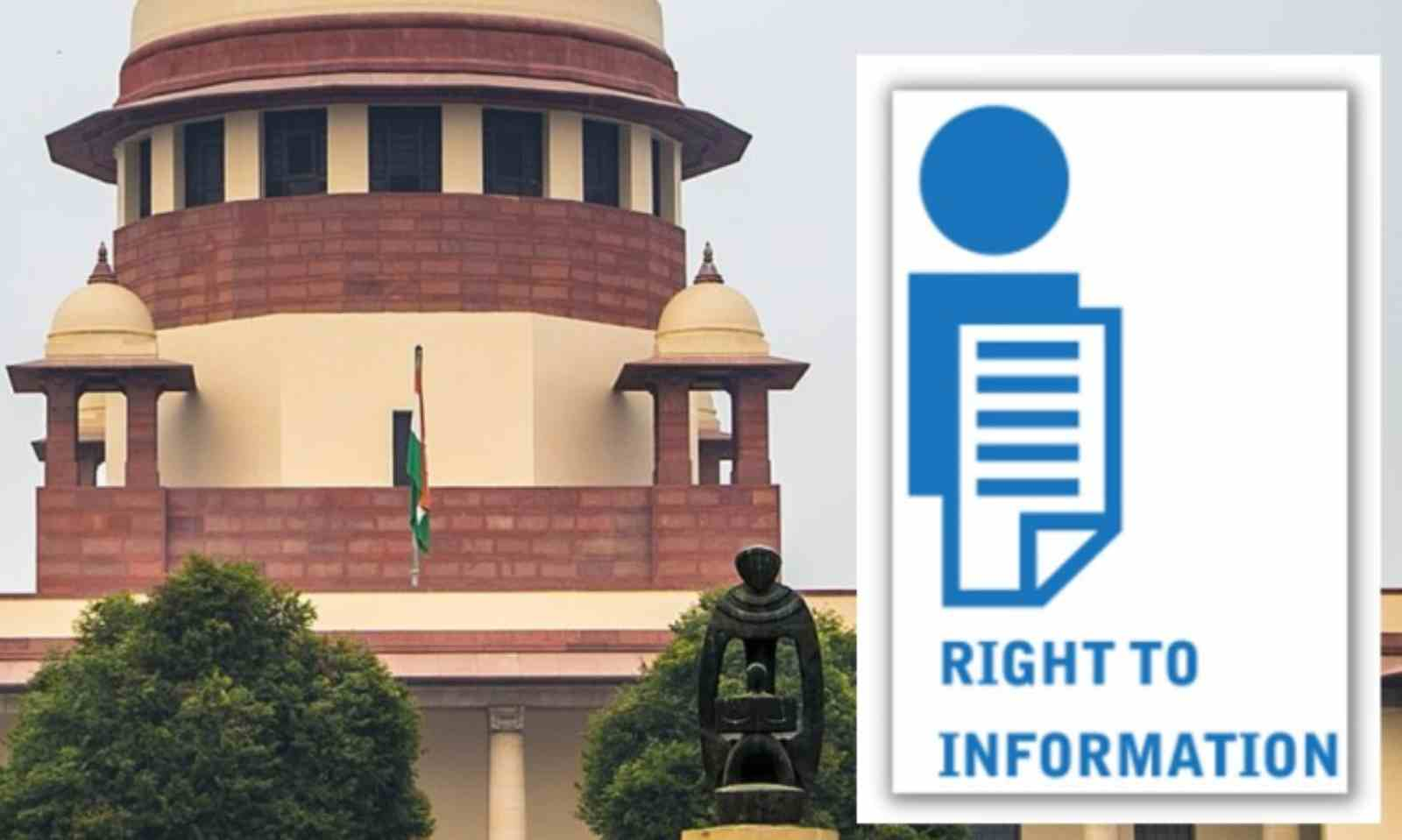
Supreme Court gives States, UTs and High Courts three months to set up online RTI portals
To ensure transparency in governance, the Supreme Court has instructed States and Union Territories to establish and activate online portals for the Right to Information (RTI) within a period of three months. Similarly, the Registrar Generals of State High Courts have been given the same three-month duration to establish and operate online RTI portals in their respective district and High Courts. Right to Information Act (2005)The Act mandates timely response to citizen requests for government information.It is an initiative taken by Department of Personnel and Training, Ministry of Personnel, Public Grievances and Pensions to provide a – RTI Portal Gateway to the citizens for quick search of information on the details of first Appellate Authorities, Public Information Officer (PIO) etc. amongst others, besides access to RTI related information / disclosures published on the web by various Public Authorities under the government of India as well as the State Governments.Came into effect from October 12, 2005.Objectives –To empower the citizens, promote transparency and accountability in the working of the Government, contain corruption, and make our democracy work for the people in real sense.To make the citizens informed about the activities of the Government.It goes without saying that an informed citizen is better equipped to keep necessary vigil on the instruments of governance and make the government more accountable to the governed.Key FeaturesNo need to specify reason for seeking information or other personal details.Open only to citizens of India.Information is provided in local languages, too.The act covers – Central, state and local governments, andall bodies owned, controlled or substantially financed;non-government organisation substantially financed, directly or indirectly by funds provided by the appropriate GovernmentExecutive, judiciary and legislature.Includes information relating to private body which can be accessed by under any other law for the time being in force.The information provides under RTI includes the right to –Inspect works, documents, records.Take notes, extracts or certified copies of documents or records.Take certified samples of material.Obtain information in form of printouts, diskettes, floppies, tapes, video cassettes or in any other electronic mode or through printouts.Exemption under RTIInformation that would harm India's sovereignty, security, strategic, scientific or economic interests, relations with foreign states or incite an offence.Information prohibited by court or may constitute contempt of court.Information that would breach Parliament or State Legislature's privilege.Information that would harm third party's commercial confidence, trade secrets or intellectual property, unless larger public interest warrants its disclosure.Information obtained under fiduciary relationship, unless larger public interest warrants its disclosure.Information received in confidence from a foreign government.Information that would impede investigation or prosecution of offenders.Cabinet papers and records of ministerial and officer deliberations.Personal information with no relation to public activity or interest or that would invade an individual's privacy.Access to exempt information may be allowed if public interest in disclosure outweighs harm to protected interests.Copyright infringement, except for the state.Part of a record can be released where practicable.Intelligence and security agencies are exempt, except in cases of corruption or human rights violations.Third-party information can be released after giving notice to the third party.Most exempt information can be released after 20 years, with some exceptions.Information that cannot be denied to Parliament or State Legislature cannot be denied to any person.Access to information may be allowed if public interest in disclosure outweighs harm to protected interests, notwithstanding Official Secrets Act, 1923 or any of the exemptions (a to i).Penaltiesimposable by Information Commission on PIO or officer asked to assist PIO –For unreasonable delay – Rs 250 per day up to Rs 25,000.For illegitimate refusal to accept application, malafide denial, knowingly providing false information, destruction of information, etc. – up to Rs. 25,000 fine.Recommendation for departmental action for persistent or serious violations.However, no criminal liability. The ProcessesApplication to be submitted in writing or electronically, with prescribed fee, to PIO.Each department/agency will have a PIO designated to receive requests and provide information. At the sub-district level, Assistant PIOs will receive applications, appeals, and complaints and forward them to the appropriate PIO.Information to be provided within 30 days.48 hours where life or liberty is involved and 45 days for human rights violation information from listed security/ intelligence agencies.No action on application for 30 days is a deemed refusal. Current Developments in Online RTI PortalsThe Indian Supreme Court has established a web-based portal to simplify information requests.The court observed that even though the Right to Information Act was passed in October 2005, after 17 years, certain High Courts have yet to set up functional online portals.The court recognized that some High Courts, such as those in Madhya Pradesh, Odisha, and Delhi, have already established online RTI portals, while the Karnataka High Court relies on the State government's web portal. [Ref- TH]











